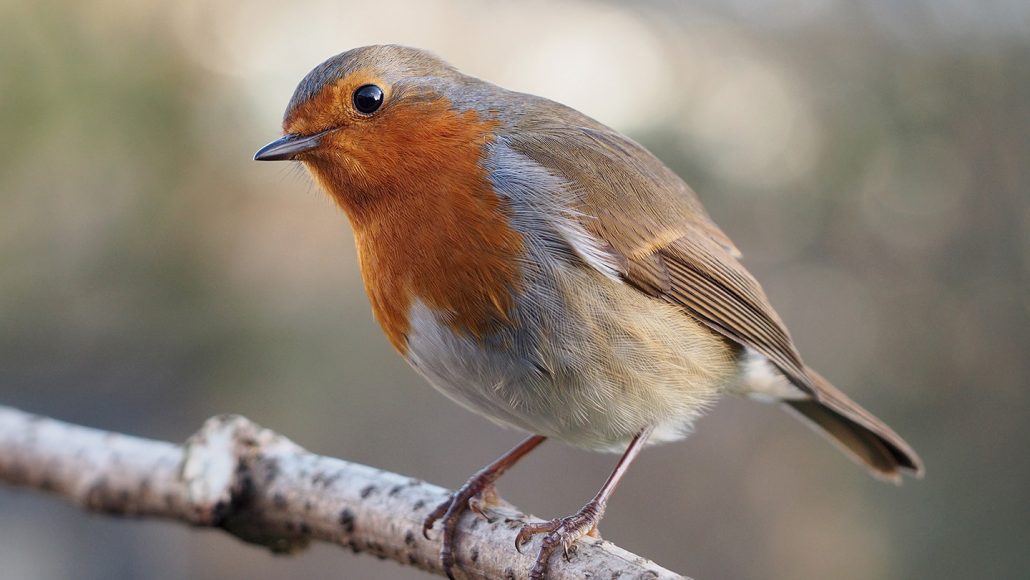HOME
A proposed ‘quantum compass’ for songbirds just got more plausible

Scientists could be a step closer to understanding how some birds might exploit quantum physics to navigate.
Researchers suspect that some songbirds use a “quantum compass” that senses the Earth’s magnetic field, helping them tell north from south during their annual migrations (SN: 4/3/18). New measurements support the idea that a protein in birds’ eyes called cryptochrome 4, or CRY4, could serve as a magnetic sensor. That protein’s magnetic sensitivity is thought to rely on quantum mechanics, the math that describes physical processes on the scale of atoms and electrons (SN: 6/27/16). If the idea is shown to be correct, it would be a step forward for biophysicists who want to understand how and when quantum principles can become important in various biological processes.
s
In laboratory experiments, the type of CRY4 in retinas of European robins (Erithacus rubecula) responded to magnetic fields, researchers report in the June 24 Nature. That’s a crucial property for it to serve as a compass. “This is the first paper that actually shows that birds’ cryptochrome 4 is magnetically sensitive,” says sensory biologist Rachel Muheim of Lund University in Sweden, who was not involved with the research.
Scientists think that the magnetic sensing abilities of CRY4 are initiated when blue light hits the protein. That light sets off a series of reactions that shuttle around an electron, resulting in two unpaired electrons in different parts of the protein. Those lone electrons behave like tiny magnets, thanks to a quantum property of the electrons called spin.
News Source